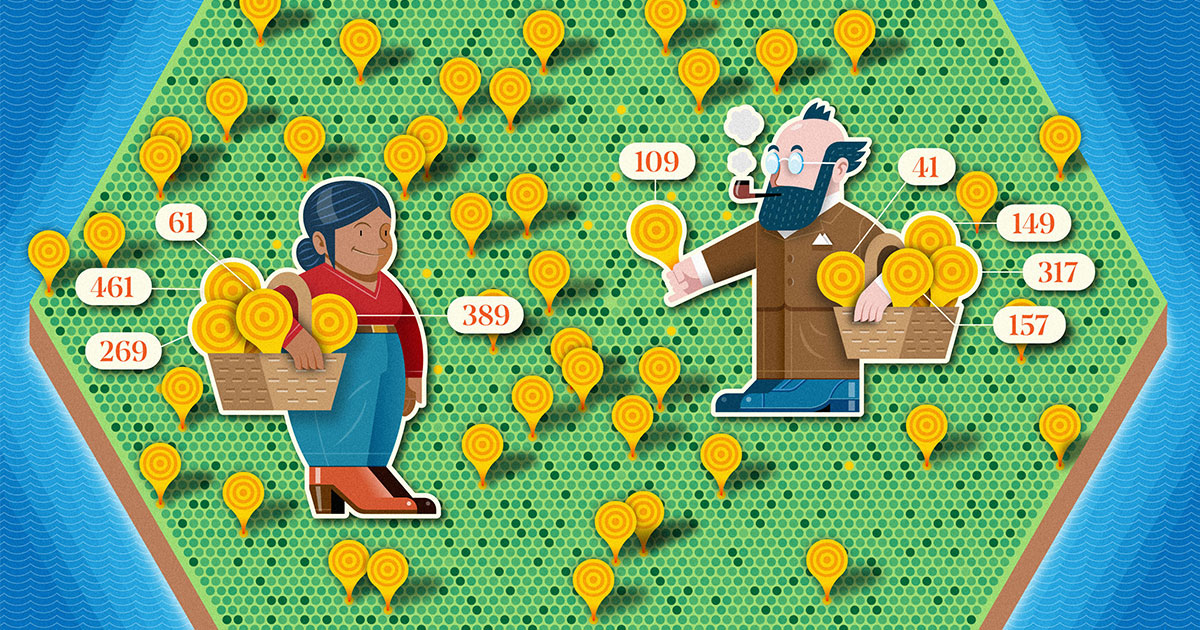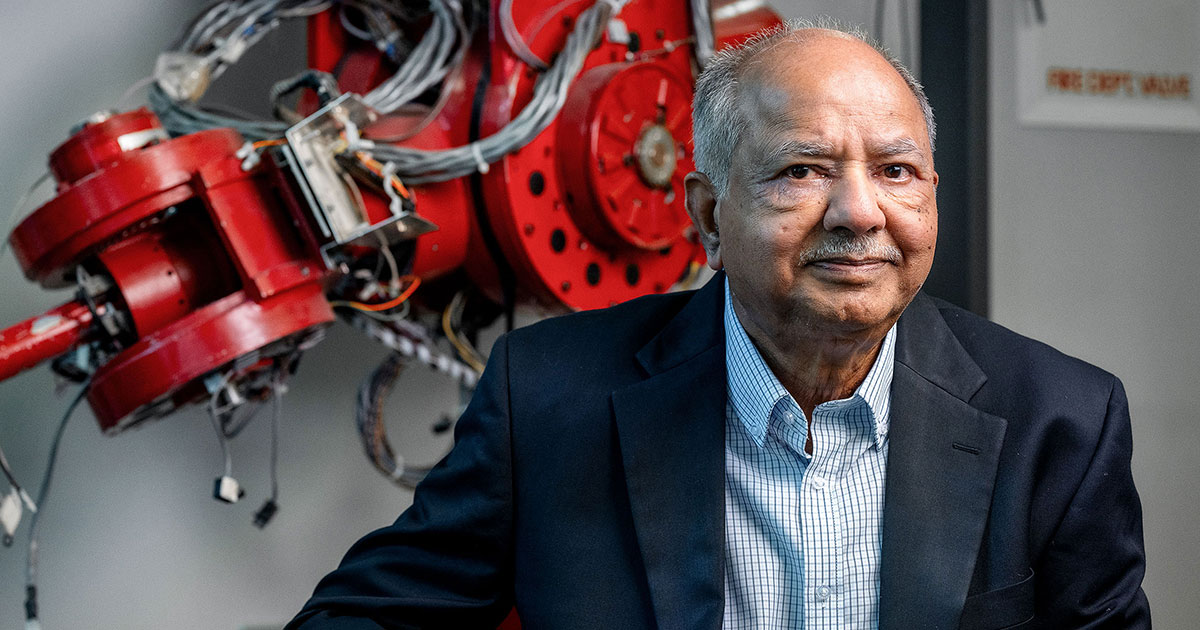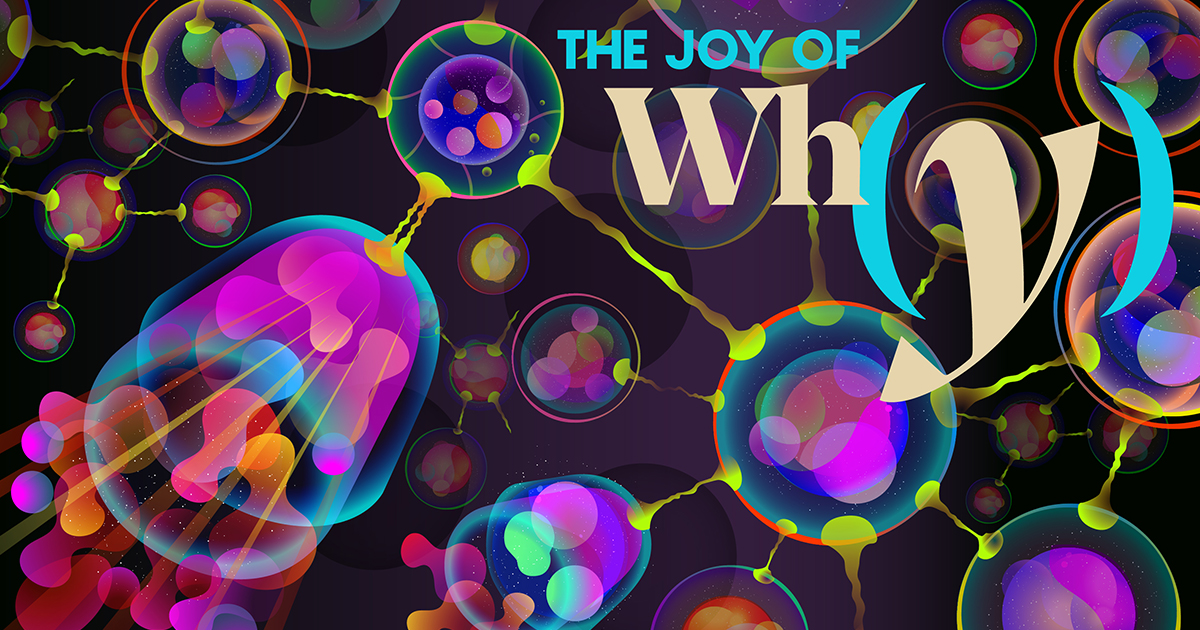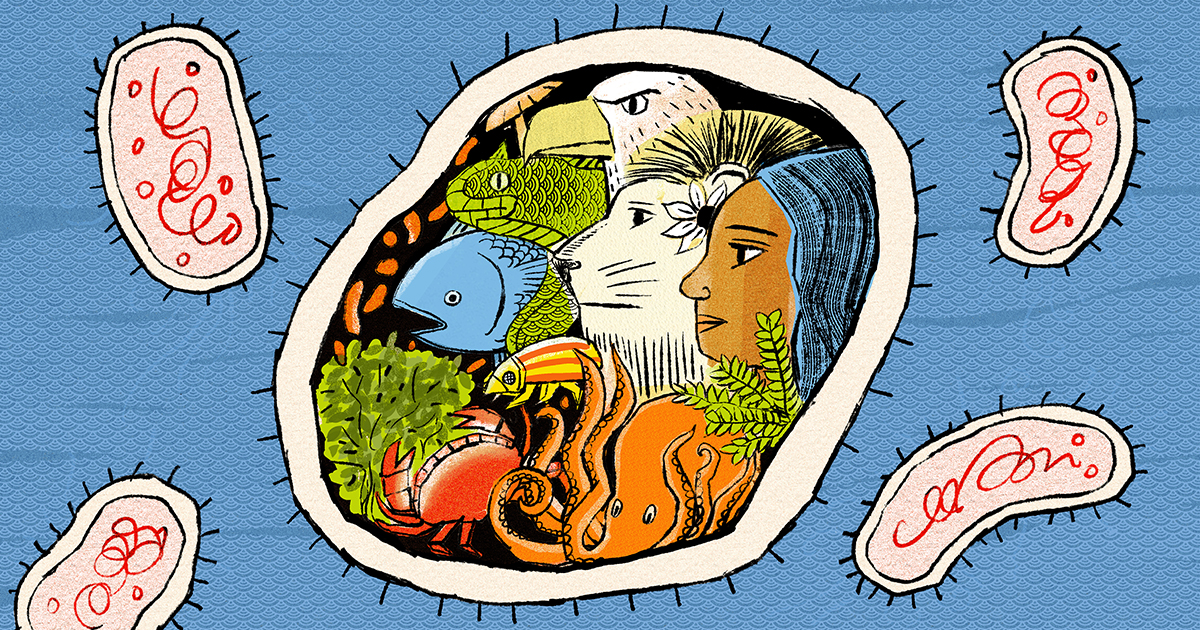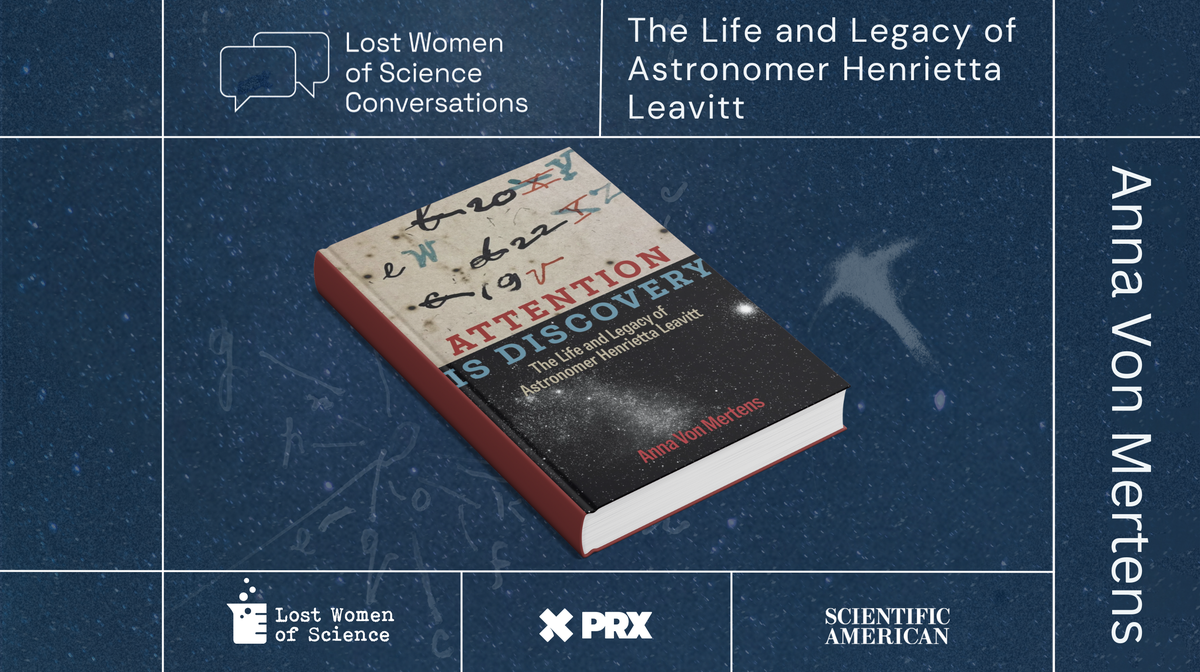A new proof has brought mathematicians one step closer to understanding the hidden order of those “atoms of arithmetic,” the prime numbers. The primes — numbers that are only divisible by themselves and 1 — are the most fundamental building blocks in math. They’re also the most mysterious. At first glance, they seem to be… Continue reading Mathematicians Uncover a New Way to Count Prime Numbers
Category: Quantum Stuff
AI Analysis of Body Camera Videos Offers a Data-Driven Approach to Police Reform
A decade ago then president Barack Obama proposed spending $75 million over three years to help states buy police body cameras to expand their use. The move came in the wake of the killing of teenager Michael Brown, for which no body camera footage existed, and was designed to increase transparency and build trust between… Continue reading AI Analysis of Body Camera Videos Offers a Data-Driven Approach to Police Reform
Melting Glaciers Are Causing Billions of Dollars of Damage
This story was produced in partnership with the Pulitzer Center’s Ocean Reporting Network. BAKU, Azerbaijan—During 2024, the hottest year on record, snowpack in the Himalaya Mountains has plummeted to unprecedented lows, the Arctic has become a net carbon emitter, and once stable Antarctic sea ice appears to be permanently melting. The deterioration of the planet’s… Continue reading Melting Glaciers Are Causing Billions of Dollars of Damage
Teen Mathematicians Tie Knots Through a Mind-Blowing Fractal
Menger’s statement didn’t distinguish between homeomorphic curves. His proof only guaranteed, for instance, that the circle could be found in his sponge — not that all homeomorphic knots could be, their loops and tangles still intact. Malors wanted to prove that you could find every knot within the sponge. It seemed like the right mashup… Continue reading Teen Mathematicians Tie Knots Through a Mind-Blowing Fractal
Fish Have a Brain Microbiome. Could Humans Have One Too?
The human gut microbiome plays a critical role in the body, communicating with the brain and maintaining the immune system through the gut-brain axis. So it isn’t totally far-fetched to suggest that microbes could play an even larger role in our neurobiology. Fishing for Microbes For years, Irene Salinas has been fascinated by a simple… Continue reading Fish Have a Brain Microbiome. Could Humans Have One Too?
The AI Pioneer With Provocative Plans for Humanity
Before he became a decorated pioneer of artificial intelligence, Raj Reddy grew up far from a computer lab. As a child in the 1940s, he lived in rural Katur, Andhra Pradesh, India. His one-room schoolhouse had no paper or pencils, so he learned to write letters in a plot of sand. On hot nights in… Continue reading The AI Pioneer With Provocative Plans for Humanity
How Is Cell Death Essential to Life?
Death might seem like a pure loss, the disappearance of what makes a living thing distinct from everything else on our planet. But zoom in closer, to the cellular level, and it takes on a different, more nuanced meaning. There is a challenge in simply defining what makes an individual cell alive or dead. Scientists today… Continue reading How Is Cell Death Essential to Life?
Generative AI Could Generate Millions More Tons of E-Waste by 2030
November 14, 2024 3 min read Generative AI Is Poised to Worsen the E-Waste Crisis Generative AI could saddle the planet with heaps more hazardous waste By Saima S. Iqbal A server room in a data center. Every time generative artificial intelligence drafts an e-mail or conjures up an image, the planet pays for it.… Continue reading Generative AI Could Generate Millions More Tons of E-Waste by 2030
All Life on Earth Today Descended From a Single Cell. Meet LUCA.
Alternatively, LUCA may have dined on the chemical waste of other creatures, suggesting that it was already part of a complex ecosystem with other microbes. The analysis can’t provide direct evidence of this possible ancient ecology, since traces of such lineages are long gone. But it’s unlikely that LUCA would have evolved complexity in isolation,… Continue reading All Life on Earth Today Descended From a Single Cell. Meet LUCA.
This ‘Human Computer’ Created a System for Measuring Vast Distances in Our Universe
Attention Is Discovery, visual artist Anna Von Mertens’s thoughtful new exploration of astronomer Henrietta Swan Leavitt, describes and illuminates Leavitt’s decades-long study of stars, including the groundbreaking system she developed for measuring vast distances within our universe simply by looking at photographic plates. Leavitt studied hundreds of thousands of stars captured on the glass plates… Continue reading This ‘Human Computer’ Created a System for Measuring Vast Distances in Our Universe
